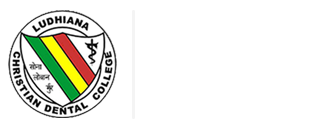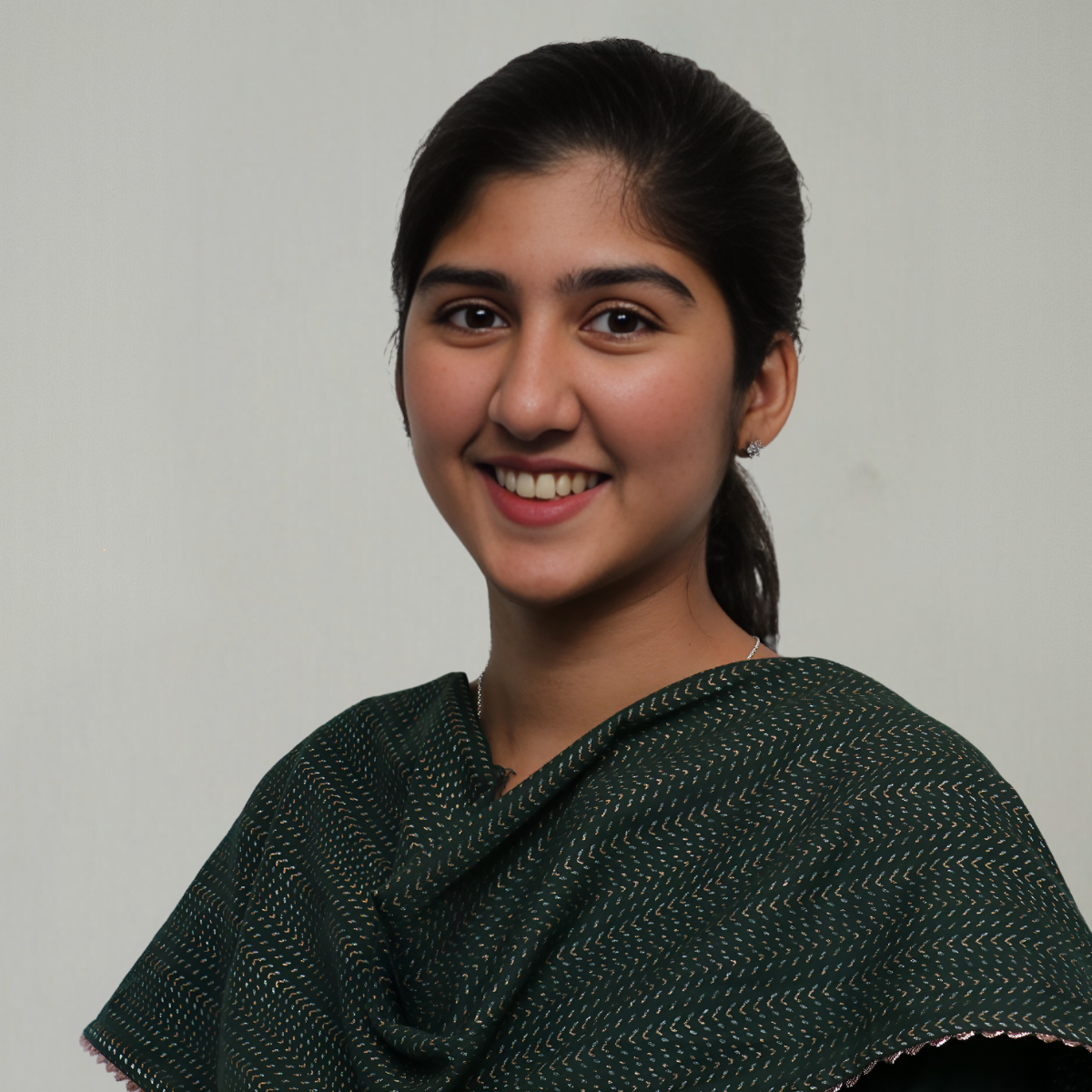Pediatric & Preventive Dentistry
What Is Pediatric And Preventive Dentistry
An age-specific specialty that provides comprehensive treatment considering the developmental changes that occur in children by using behavior management strategies to make dental treatment a pleasant experience. This specialty covers a range of disciplines, techniques, treatments, and abilities that are specific to the needs of infants, children, and adolescents. Pediatric dental experts give proactive parental advice about prevention that goes beyond dental caries to address all facets of children’s oral health, with a focus on the avoidance of oral disorders in youngsters.
Why choose us?
We at the Department of Pediatric and Preventive Dentistry, approach dentistry holistically. We care for children’s future smiles attempting to alleviate their immediate problems and also look for ways to instill a positive attitude towards future dental consultations. The department provides integrated oral and dental healthcare for patients spanning infancy to adolescence, incorporating strategies for behavior management and modification across various dental and medical specialties.
Our department provides a comprehensive range of dental services, including preventive, corrective, and rehabilitative procedures, utilizing general anesthesia when necessary. We specialize in caring for patients of all ages, particularly those with special healthcare needs, and offer presurgical orthodontic treatment for children with cleft lip and palate. Our facilities are designed to create a child-friendly environment, and our team is committed to upholding ethical standards and advancing education and research in pediatric dentistry.
- Management of oral diseases in infants
- Management of cavities in primary and permanent teeth
- Management of oral Habits (thumb/digit sucking, lip biting, mouth breathing, tongue thrusting)
- Early assessment of malaligned teeth
- Diagnosis of oral conditions associated with systemic diseases
- Paediatric periodontal disease
- Care for dental injuries (for example, fractured, displaced, or knocked-out teeth)
- Oral health care for differently abled children
- Orthodontic management of cleft lip and palate patients
- Foundational Curriculum: Extensive courses covering Pediatric and Preventive Dentistry.
- Practical Training: Preclinical simulations and clinical exposure focusing on advanced techniques and procedures.
- Interactive Learning: Problem-Based and Case-Based Learning to enhance critical thinking skills.
- Scholarly Engagement: Discussions and case presentations for deeper understanding and peer feedback.
- Community Clinical Experience: Structured visits to pediatric dental clinics for practical training.
- Advanced Internship: Intensive 30-day posting with specialized training in modern dental technology, pediatric patient care, practice management, sedation, and community outreach.
- Duration: 3-year Master’s Program in Pediatric and Preventive Dentistry, initiated in 2002.
- Three postgraduates per batch.
- Expert Faculty Guidance: Direct mentorship by seasoned faculty in pediatric dentistry.
- Diverse Clinical Training: Extensive training in a variety of pediatric dental procedures and preventive measures.
- Digital Dentistry Proficiency: Advanced training in digital scanning and radiography.
- Comprehensive Care Development: Strategy and implementation of the 'Dental Home' concept for continuous comprehensive dental care.
- Orthodontics and Preventive Care: Detailed exposure to pediatric orthodontic treatments, cleft orthodontics, myofunctional appliances and preventive strategies.
- Rotary and Regenerative Endodontics: Unique opportunity to learn rotary endodontics in both primary and permanent teeth as well as regenerative endodontic procedures in non-vital immature permanent teeth.
- Board Certification Preparation: Structured preparation for the International Association of Pediatric Dentistry certification (FIAPD).
- Research and Scholarship: Support for engaging in dental research and scholarly publication.
- Specialized Techniques and Treatments: Training in special health care dentistry, general anaesthesia, endodontics, and the use of specific dental appliances and treatments.
- Professional Development: Access to Advanced Clinical Training (ACT) courses and various Pediatric Dentistry Associations for professional growth and networking.
Gallery

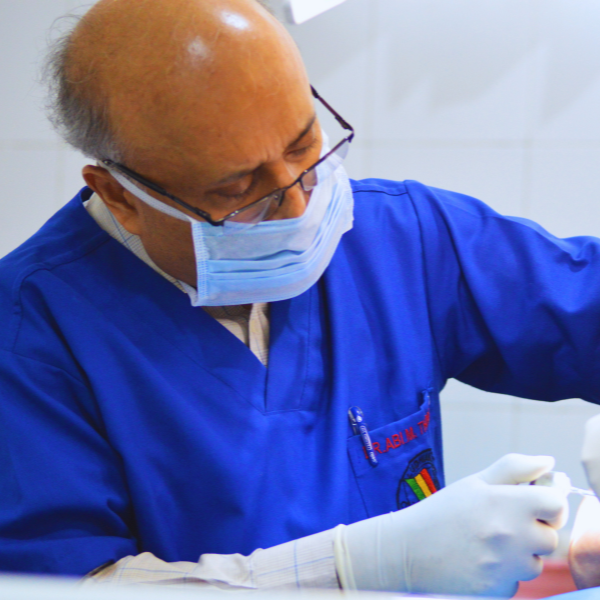
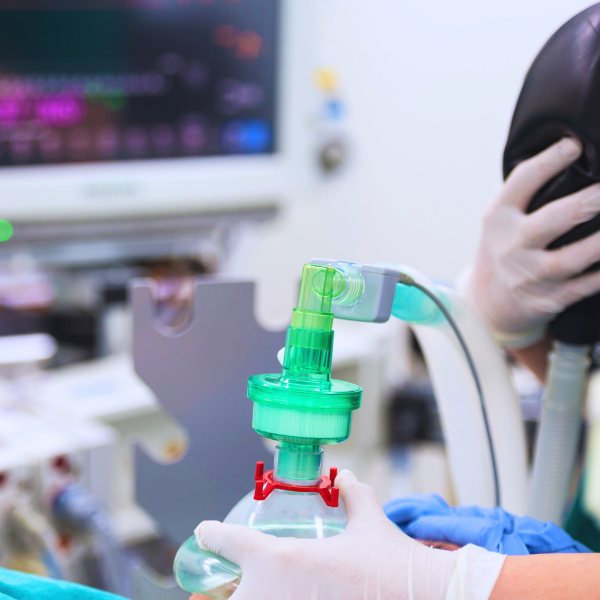
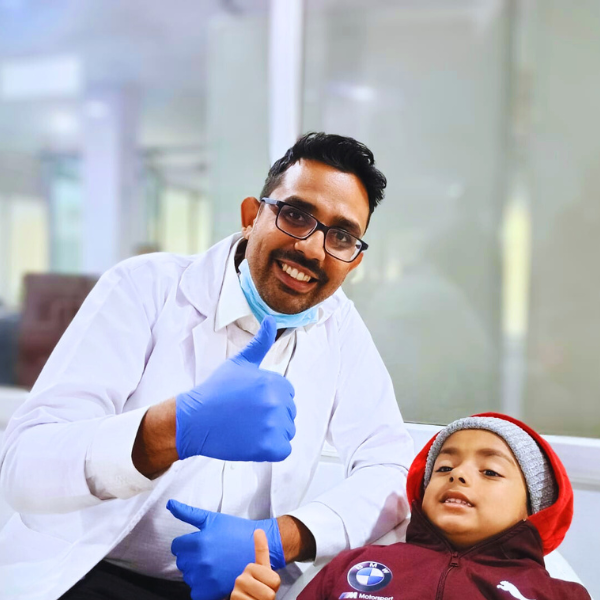

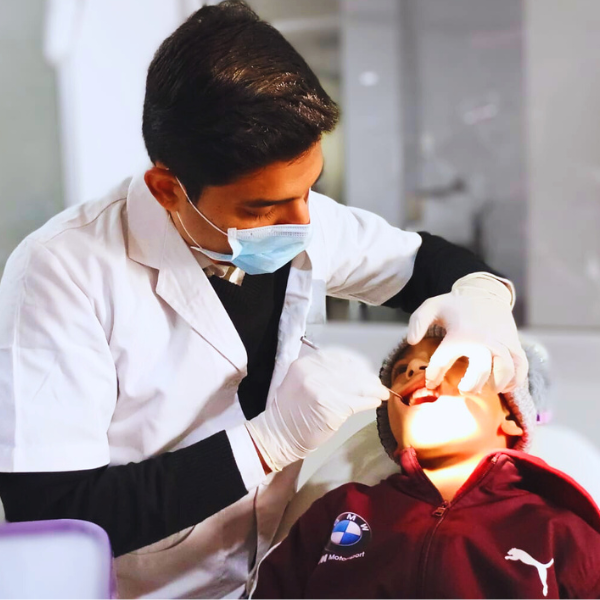

Frequently Asked Questions
To prepare your child for their first dental visit, you can:
Talk positively about the dentist and the importance of dental health.
Read books or watch videos about visiting the dentist to familiarize your child with the experience.
Avoid using negative language or sharing negative experiences you may have had at the dentist.
Bring along a favorite toy or comfort item for your child.
Be supportive and reassuring during the visit.
During your child's dental appointment, our pediatric dentist will:
Conduct a thorough dental examination, including an assessment of oral health, growth, and development.
Clean your child's teeth and apply fluoride treatments or dental sealants as needed.
Provide guidance on proper oral hygiene techniques and nutrition for children.
Address any concerns or questions you may have about your child's oral health.
